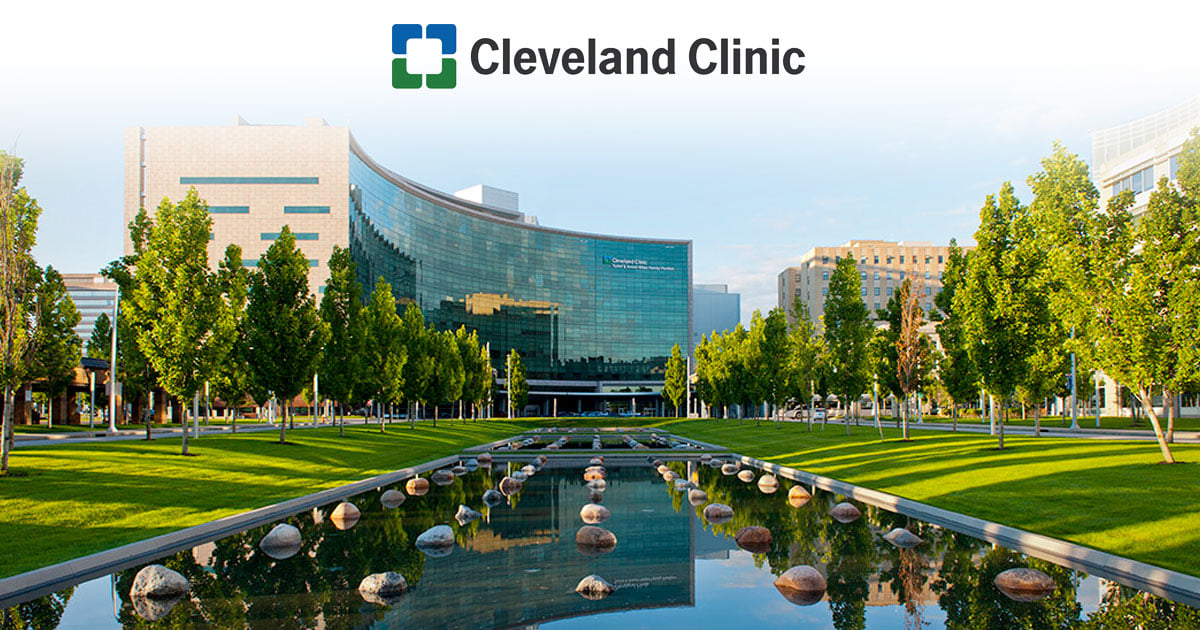[ad_1]
Overview
What are the signs of premature aging?
Over time, our bodies naturally age. Premature aging is when the typical effects of growing older happen early. It’s when your body looks older than your actual age.
The most common signs of premature aging include:
Possible Causes
What causes premature aging?
In most cases, controllable and preventable factors cause premature aging. This is called extrinsic aging.
Most signs of premature aging show up in your skin. Skin changes happen as we age. When they appear earlier in life, the cause is usually from environmental or lifestyle factors.
Exposure to light is a top cause of premature aging:
- Sun exposure causes many skin problems. Ultraviolet (UV) light and exposure to sunlight age your skin more quickly than it would age naturally. The result is called photoaging, and it’s responsible for 90% of visible changes to your skin. UV light damages skin cells, contributing to premature changes like age spots. This sun exposure also increases the risk of skin cancer.
- High-energy visible (HEV) and infrared light are responsible for the other 10% of skin changes. HEV light (also called blue light) comes from the sun and electronic devices like smartphones. Infrared light is invisible, but we often feel it as heat. These forms of light don’t increase skin cancer risk, but they do affect collagen and skin elasticity.
Other environmental or lifestyle factors that cause premature aging include:
- Smoking: When you smoke, the toxins in nicotine alter the cells in your body. These toxins break down collagen and elastic fibers in your skin, leading to sagging, wrinkles and a hollow, gaunt face.
- Unhealthy diet: A few studies show that diets high in sugar or refined carbohydrates may cause premature aging. On the flip side, diets filled with plenty of fruits and vegetables help prevent premature skin changes.
- Alcohol: Drinking too much alcohol can dehydrate and damage your skin over time, leading to signs of premature aging.
- Poor sleep: Studies show that low quality (or not enough) sleep makes your cells age faster.
- Stress: When you’re stressed, your brain pumps out cortisol, a stress hormone. Cortisol blocks two substances that keep your skin looking plump and vibrant: hyaluronan synthase and collagen.
In rare cases, certain disorders can cause signs of premature aging:
- Bloom syndrome.
- Cockayne syndrome type I or type III.
- Hutchinson-Gilford progeria syndrome.
- Mandibuloacral dysplasia with type A lipodystrophy.
- Rothmund-Thomson syndrome.
- Seip syndrome.
- Werner syndrome.
Care and Treatment
What can I do to stop or prevent premature aging?
As environmental and lifestyle factors often cause premature aging, healthy daily habits can improve it. If you already have signs of premature aging, here’s how to stop it and prevent it from getting worse:
- Avoid sun exposure: Take steps to protect yourself from sun damage. Use sunscreen year-round, even if you plan to be in the shade. Always opt for UV protection that’s at least SPF 30 or higher. Wear protective clothing, including a hat and sunglasses. Avoid tanning beds — use self-tanning products instead.
- Stop smoking: If you smoke, quit smoking as soon as possible. Talk to your healthcare provider if you need help quitting.
- Eat more fruits and vegetables: A well-balanced diet can stop premature aging. Avoid eating too much sugar or refined carbohydrates.
- Cut back on alcohol: As alcohol causes premature aging of your skin, reducing your alcohol intake can help prevent further damage.
- Exercise: Regular physical activity improves circulation and boosts your immune system, which promotes healthy aging.
- Take care of your skin: Cleanse your skin daily to remove dirt, makeup, sweat or other substances that cause irritation. Stay away from harsh skin products containing fragrances or high pH. Moisturize your skin daily to prevent dryness and itchiness.
- Lower your stress levels: Try to eliminate as much stress as possible from your life. Find healthy stress management techniques (like meditation or exercise) for the stressors you can’t avoid.
- Improve the quality (and quantity) of your sleep: Getting less than seven hours of sleep can age your body’s cells more quickly.
How can I reverse premature aging?
To avoid premature aging, prevention is key through healthy living. But if your signs of premature aging are bothersome, these treatments can help reverse signs of premature aging:
Note that these procedures may fix the appearance of premature aging, but they won’t correct the cause of premature aging.
When to Call the Doctor
When should I see my healthcare provider for signs of premature aging?
Talk to your healthcare provider if signs of premature aging appear suddenly, are painful or bothersome, or worsen quickly.
A note from Cleveland Clinic
Signs of premature aging can happen at any point during adulthood, and they’re usually caused by environmental or lifestyle factors. In some cases, rare syndromes cause premature aging. You can protect or reverse premature aging: Protect your skin from sun exposure, quit smoking, eat a well-balanced diet and exercise. If premature aging persists or becomes bothersome, talk to your healthcare provider about treatments you can try.
[ad_2]
Source link
